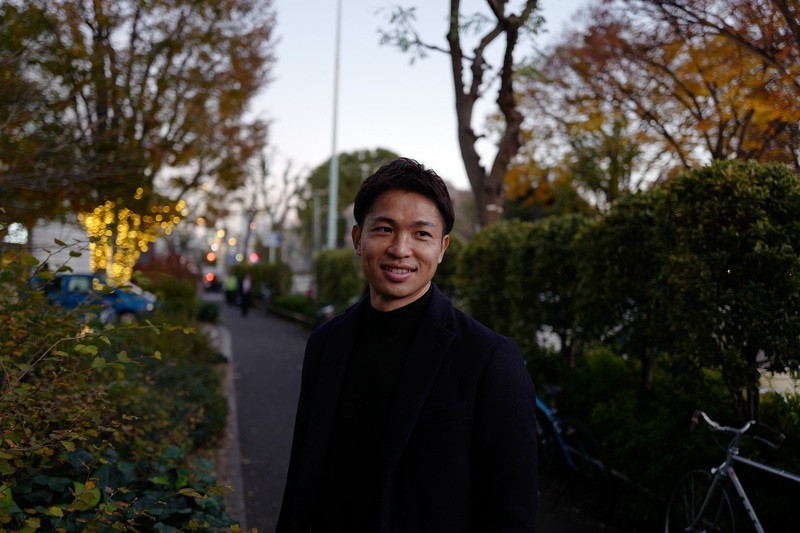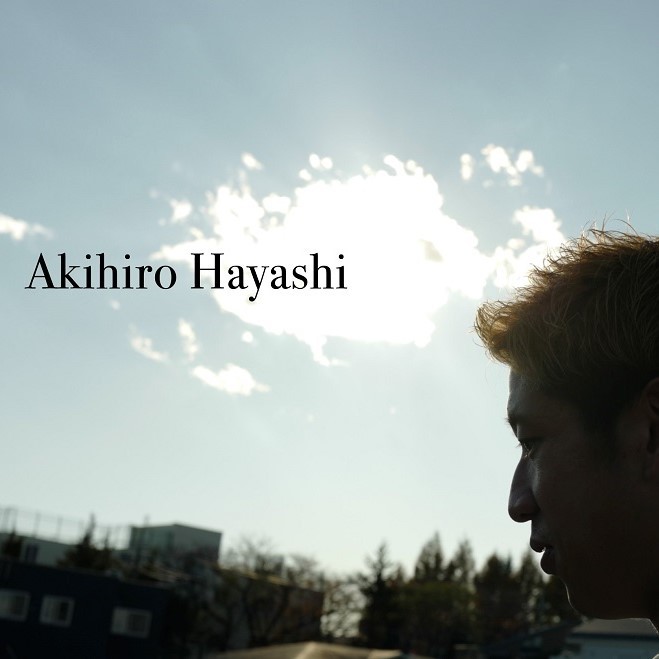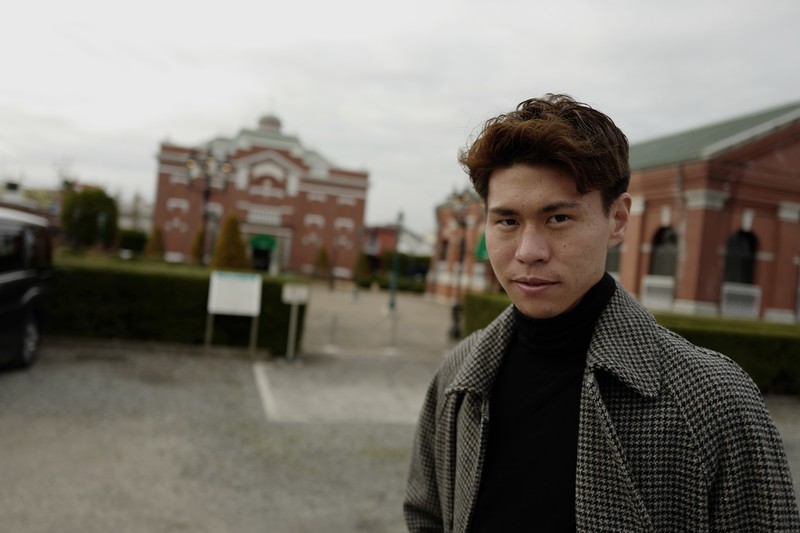Ajinomoto is filled with memories.
You may have been moved to tears and shed tears of anger. Perhaps that is where love and romance were born.
In an era where everything is taken care of on our devices, there are still people who continue to visit their home in order to relive the emotions they experienced there.
There is a man who joined the story 10 years ago, which began in 2001.
And even after a long time has passed, Masato MORISHIGE has continued to wear the blue and red uniform.
And he screamed.
"Let's win the championship" in our home where we spent 10 years.
Words of gratitude from my mentor engraved in my heart
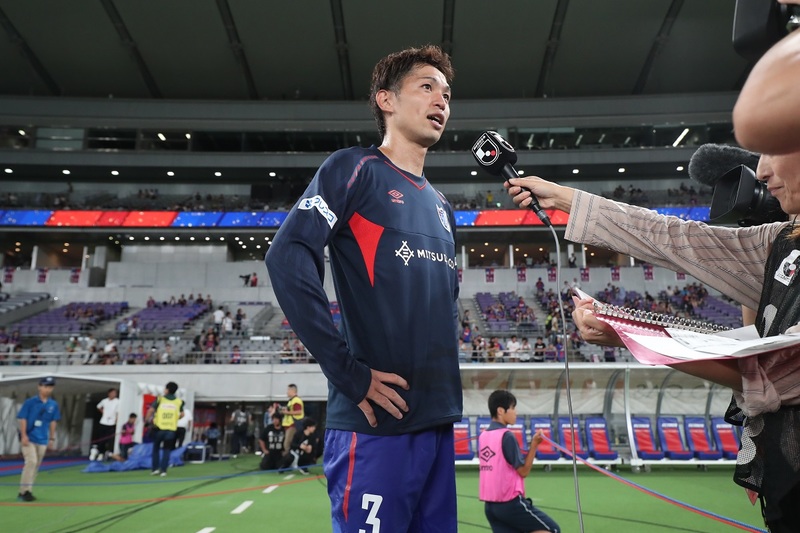
"10 years..."
After Masato MORISHIGE tweeted, there was a lingering feeling. He continued to fill it in like this.
"I had always hoped to stay with this team for a long time. When I became a professional, my coach in Oita taught me that I should aim to be a player who can stay with one club for a long time. That advice stayed with me. In terms of improving my skills, there was a move from Oita to Tokyo. However, I didn't want to transfer if possible. Moving from Tokyo to somewhere else was never on my mind from the beginning."
I have spent that much time in Tokyo, a city that has broken through its shell and evolved. It may be said that ten years is like a century, but in an era of constant change, it is easy to dismiss the younger generation with a sense of resignation, saying "What about the young kids these days?" Ettore Scola depicted the sadness of movies being taken over by television in "Splendor". However, now the avant-garde television is about to give way to devices. Scola must be confused and saying "Oh no" over there. Still, Morishige has been running at Ajinomoto as a leading DF for 10 years. Without fear of change, he nurtured his self-discipline and overcame the walls he had set for himself each time.
In 2010, I joined FC Tokyo from Oita Trinita on a full transfer and have experienced many things. When asked about it, I nod and say "Yeah, there were a lot of things."
"At first, there were probably more bad things than good things. But from there, I can say that things have been going well after humbly listening to various advice. Aside from the results of the game, I think the fans and supporters in Tokyo have also recognized me a little bit."
It was "terrible at first." In the first year after the transfer, we lost to Kyoto Sanga in the final match and suffered the unfortunate fate of being relegated to J2 for the second consecutive year. Immediately after the match, I sat down and couldn't accept the reality, thinking "This can't be true." At that time, I was welcomed to Tokyo with open arms and was determined to succeed here. However, that excessive youthfulness ended up working against me.
"Accumulated, one dismissal, second accumulation... 8 yellow cards, 2 red cards..."
Continuing to receive cards like that, I often disrupted the game. I was suspended for four games throughout the year and caused trouble for the team. I was frustrated and stopped in my tracks. During that year's off-season, I encountered a voice that resonated in my heart. It was my elementary school coach, Kazuhiro Uemura, who taught me the joy of soccer, who said this to me.
"I can't show your play to the children."
Stabbed deeply. And, calling himself the "worst player of the year", he spat it out and began to face soccer earnestly, trying to be reborn.
"The people who took care of me when I was young were happy to see me become a professional and they are still happy to see me succeed in the professional world. I am grateful for the people who still know me from my past and for the support from my hometown. I transferred at the age of 23 and experienced J2 the following year. That's when I found my way of working hard. I was able to figure out what I needed to do to achieve my big goals and organize my tasks accordingly. Once I entered that cycle, it wasn't so difficult. I found the motivation and thought about things on my own. The beginning of that was the two years since I transferred to Tokyo."
Unapproachable Aura
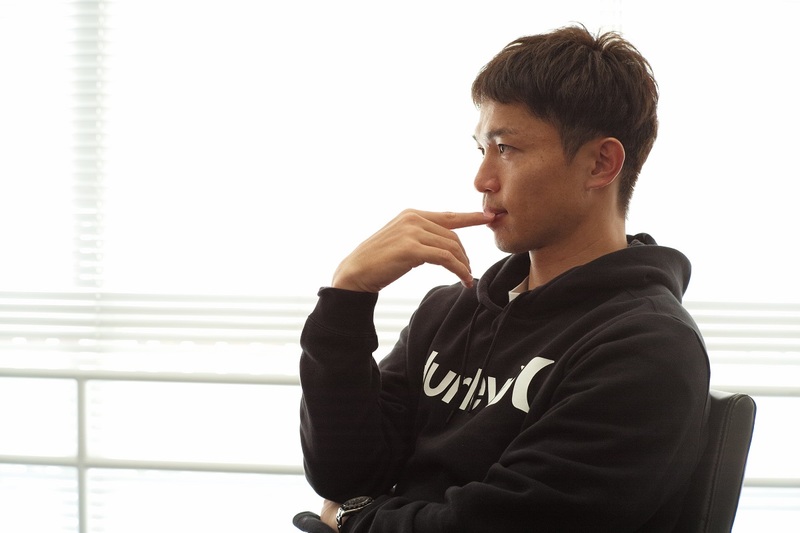
The relationship has lasted for 10 years. During that time, the number of shared episodes has also increased. As I look back on my soccer career, we reminisced about old stories like, "Remember that time when you were 25 and that happened, and then..."
"In the first two years, I started to feel like I was overcoming some challenges. And then, I found a new goal to aim for. Maybe it was being a representative or a captain. Maybe it was just the timing. As I progressed and found my place in Tokyo, the role of captain gradually became clear to me. As life goes on, the next thing naturally becomes visible. And because I was mentally prepared, I didn't panic."
In 13 years, he was appointed captain and was first selected for the Japan national team in July of that year. He began to exude an aura that kept others at bay. Still, he would pick up the voices of those around him and work hard within the limited time. Each time, his strong aversion to losing would show itself. "Back then, I was always told that 'Morishige's play is not stable.' I was doing it to dispel that image," he says. He reviewed even the smallest step work and body orientation, and built a strong body that could compete with top FWs. Furthermore, he began to pay close attention to caring for his body.
"I've had more things to do, and I've become more withdrawn. I focused on myself, but I used to enjoy going out to eat with everyone. However, I prioritized maintaining my own pace first. My priorities have changed. It also happened at various times. Becoming captain was one of them, and it was a time when I had to find what I needed to do and do it. I think it was a good timing. Also, I thought it was more like myself to show my attitude and actions rather than putting it into words."
When I got rid of my dependence, I didn't miss the opportunity to grow from there.
"Once you have set your goal, what you need to do will naturally become clear. While playing football, I have never complained so much. For example, even if I don't feel like doing muscle training, I know I won't reach my goal if I don't do it. That's why I do it."
And that's how he arrived at the 14th Brazil World Cup (W Cup). His goal during the process of reaching that place was to "stand on the pitch for the first match of the Brazil W Cup." He made his starting debut in the first match against Cote d'Ivoire, but lost his position after the second match. He could only watch the game from outside the touchline, and the tournament ended in just three qualifying matches. Only regret remained.
Passionate Oath
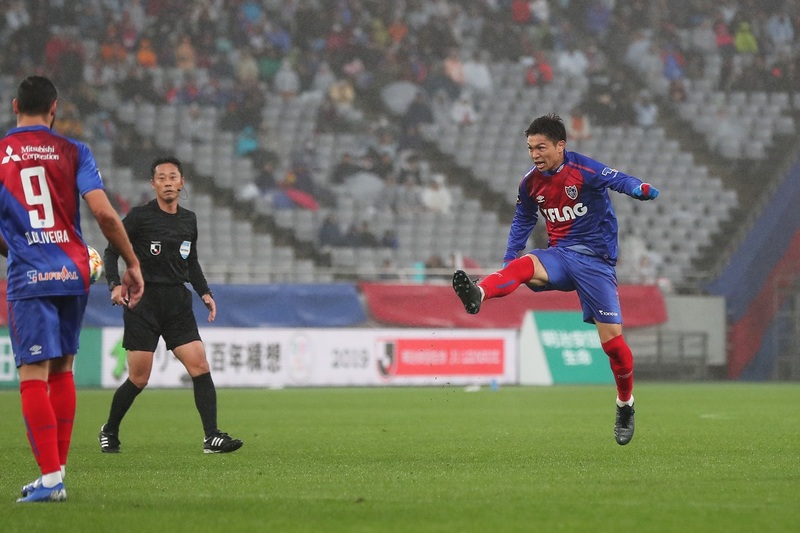
"I achieved my goal, but the next goal was a blank slate. If I had set a goal to play in every game or to perform well, it might have been different. I also learned the fear of setting goals. At that time, I think everyone thought that goal was good for me in my position. But it was too easy. In the end, it only lasted one game. That was a mistake. I need to have goals that are two sizes bigger. I reached my limit because I set it. So I had to bring in bigger ambitions."
Through that experience, the switch was turned on. I became even more dedicated to training. The words that remained in my notes from that year were so passionate that they burned.
"There is no one who can keep winning. But I want to be a player who can make the team win because of me, or a player who can win because I am here. I don't want to give up just because it's inevitable. In order to say that losing can be a plus, we have to win somewhere. Instead of waiting for it, I want to become a person who can attract it."
The next goal was set, and the next four years began with that pledge. At the same time, I was extremely busy. I continued to go back and forth between the national team and the club, and I always ended up returning home from the clubhouse after training and taking care of my body. At that time, I used to say as a habit, "There's not enough time. The things I want to do and the things I have to do just keep increasing. If only there were 36 hours in a day." Still, as the face of the team and a representative defender in the league, I continued to start in the first game of the Russia World Cup Asian final qualifiers, even while dealing with injuries. In the end, even if my condition dropped, I took responsibility for it.
However, just as he was determined to make a fresh start after being dropped from the national team, the string that had been tightly stretched suddenly snapped. During a match the following month, he injured his left ankle and had to be taken off. Later, he was diagnosed with a dislocated left peroneal tendon and was told it would take 4 months to fully recover, effectively ending his season. A yellow light had been lit on his path to the big stage for the second time.
He conducted voluntary training in Okinawa Prefecture at the end of that year, and diligently completed a menu packed with daily items. It may have been forced, but he managed to make it in time for the start of the World Cup year. However, there was still pain in his left ankle. "They say illness comes from the mind. That's why I didn't tell anyone." That's how desperate he was.
"Everything has been reset to zero and it's really disappointing. I have to turn my anger into energy. I'm sure good and bad things will happen. That's why I thought I had to make it a good year."
Quietly struck period
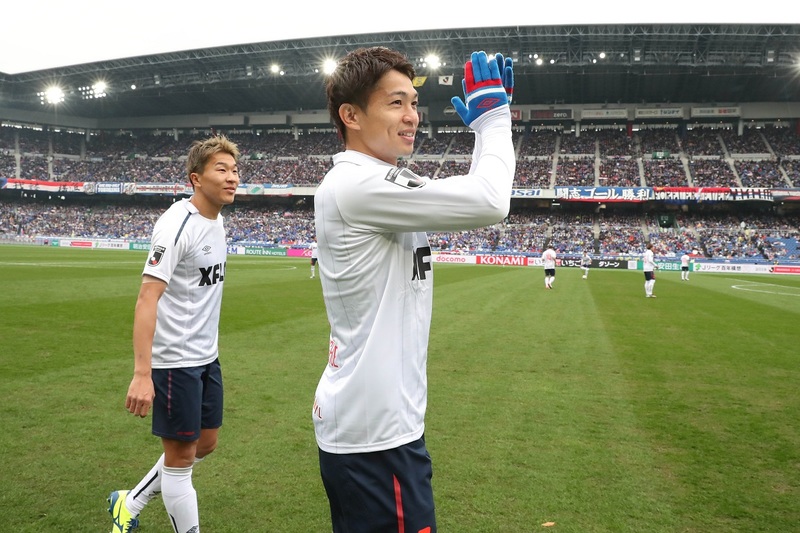
The announcement of the members for the Russia World Cup main tournament was narrowed down to 27 people on May 18, 2018, and a unique selection process was taken where the final 23 people will be decided on May 31. However, even in the first round of selection, Morishige's name was not included. Immediately after the announcement, he said, "I have been aiming for this. I have been helped by many people, so I am very disappointed. But there are many things like this in life. How I will spend my time from here on out is important as a soccer player and as a person. I want to show that."
After that, the national team training camp continued, and it was possible to replace injured members until 24 hours before the first match against Colombia (June 19), but that hope also came closer to 0. The J1 league was suspended and Tokyo players were given a long vacation. During that time, I heard from one of the club staff that there was a player who visited the Koda Plaza. I couldn't believe it. When I stopped by the clubhouse and looked at the practice ground, there was a figure moving that shouldn't be there. It was only Morishige running on the lawn. I could only watch from a distance, knowing the strength of his determination. After he finished running, I didn't even think about asking him about it.
When I told him about it, he said, "Everyone makes it into a beautiful story like that," and made a dimple in his cheek.
"It just hurt more when I wasn't moving. To be honest, I'm not sure if I could have been satisfied with the tournament even if I had been on the team in that condition," he said, before pausing and continuing, "But, well..."
"I thought my first chapter of my soccer career would end there. So, there was also the fact that I couldn't be satisfied if I didn't do what I had to do until the end. Both of those, I guess. It's also true that I wanted to do it until I was satisfied. I'm not the type to switch quickly. But, what happened can't be helped. Above all, I thought I had to have that kind of attitude."
Quietly, he punched in the period. It may have been the way he ended his soccer life, like a seeker, that he had spent.
Reliable Comrades
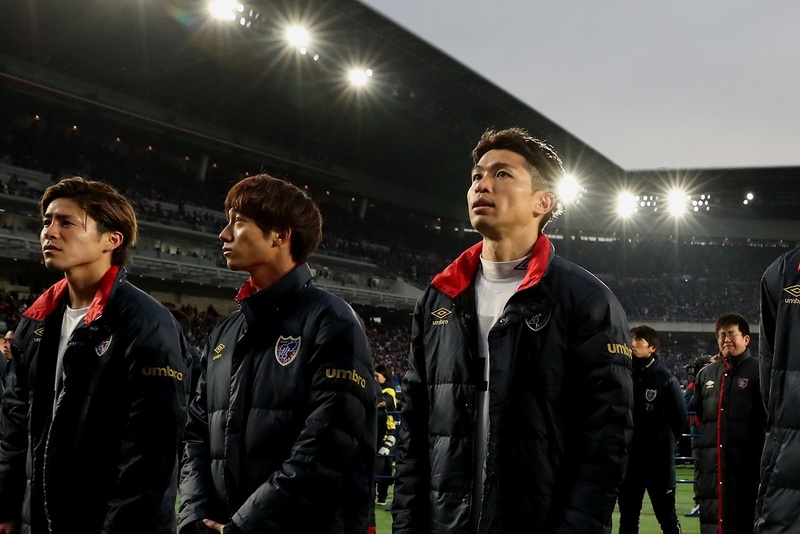
And the protagonist of the second chapter, which had just begun, seemed like a completely different person. In the 2019 season, Morishige had an impression that some of the tension in his shoulders had been released. He delved deep into soccer, and his appearance was slightly different from before, when he kept others at bay. It wasn't that he had lost his curiosity, but he seemed to be enjoying soccer with a childlike heart.
"I am somehow able to enjoy playing soccer. It's so much fun. I used to think that the only form of success was to play for the Japan national team and participate in the World Cup, and that it was the top of the pyramid for soccer players. But even now, it's fun and there are new discoveries. What was strange was that I felt that my desired style of play and the objective evaluation from the outside may not be linked. Until now, I aimed for 120% of what was expected of me. But this year, I was able to focus on what I should do as a center back. Before, I wanted everything. So maybe I was lacking in physical strength when it came to defending the goal, which is the most important job. I cut out that waste. When I focused on the job of a center back, the accuracy there improved. That was a new discovery."
The team has always been at the forefront and has spoken with their backs. However, there have been times when they have felt a difference in temperature with those around them. They have been called "perpetual mediocrity" and "weak in competition", known as the synonyms of Tokyo. They have continued to resist against it.
"I wasn't satisfied. Even though I tried to change the impression and drown out the voices around me, no matter how much I wanted to, I couldn't change it."
Every time I lose an important game, I blame myself for not being able to change the team and vent my anger, thinking "this is not good enough". Every time I attend the J.League Awards as one of the Best Eleven, I grit my teeth, wishing "if only more people could come here".
"Looking back now, maybe I was carrying something with me. Before, I used to get irritated by those around me. I've come to accept that it's inevitable to have a difference in temperature with myself. But now, it's different."
There may be a reason why I became a different person. It was because my friends started helping me carry the burden that I had been trying to bear alone.
"(Higashi) Keigo shows leadership, (Nagai) Kensuke lifts the team up. On the pitch, (Takahagi) Yojiro says a lot of things for us. (Muroya) Sei also barks during the game. It's great to have more players who can do what I've been doing. With more players who can fight, everyone does it with the same intensity. I feel confident in my teammates. It's comfortable now. I don't have to express myself because someone else will do it for me. I don't have to say 1 to 10, just one or two words and they understand. And when you've been here for a long time, everyone respects you (laughs)."
After an unexpectedly unfair life
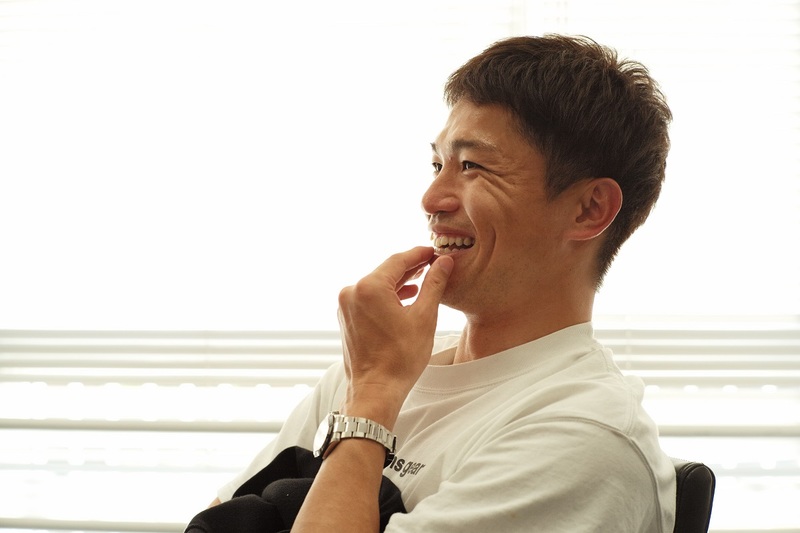
Missed the league championship by just one step. However, we finished the 2019 season in 2nd place, the highest in club history, and I was honored to be selected for the Best Eleven with five of my teammates for the first time in three years. It's probably because both myself and the team have matured over the past 10 years. My hairstyle and atmosphere have changed a lot since 10 years ago. I even feel like my way of speaking has become more light and witty. However, there are also things that haven't changed. On the pitch that stimulates all five senses, I have remained elegant and rugged. The fans and supporters have also seen that.
In the final scene of the movie "Splendor", people gather at the movie theater where the closing was decided due to lack of audience. As if picking up precious memories experienced at that place, more and more audience members come. Then, the scene becomes assimilated with the world view of the final scene of the masterpiece "La vita è bella" which was once shown many times and is also a memory for the protagonist (Marcello Mastroianni), the owner of the theater. When the audience starts singing "Hotaru no Hikari" which started with a harmonica solo, snow falls just like the final scene of the masterpiece movie in a season where it shouldn't be snowing. Massimo Troisi shouts "Merry Christmas!" at the top of his voice, releasing that feeling of happiness. With that happy ending, the movie comes to a close.
The miraculous climax that happened there. For the blue and red, Splendour Theater is Ajinomoto, and "The Light of Fireflies" is surely "You'll Never Walk Alone".
"I have nothing but gratitude for the fans and supporters. We have lost many times, but still, tens of thousands of people support us. Because so many people support us, I have always felt that I cannot be unworthy. It's not just words, but the actions of all the fans and supporters that really touch me. This year, we will go and get what we couldn't grasp. That's all. Has it changed in the past 1 or 2 years? Will it be easier if we win? Personally, I think it's about how long I can play as a center back for Tokyo. I'm not thinking about the end yet. If we continue like this, we may be prepared for when "someday" comes. I think I will make decisions while looking at various things. We won't know until that time comes, so it's okay to think about it when the time comes."
Good luck, good luck, there are more things that won't be rewarded even if you do your best. For 10 years, I have asked, listened, and heard about it. What Morishige spat out at the ending of the first chapter he spun was a phrase with a little bitterness.
"What to do when something happens is something I've learned in the past 10 years. Life is also surprisingly unfair."
The final of the second chapter of the sequel should be something different. Those who wish for it have surely increased more than ten years ago. 2019 is also approaching its end.
I want to see him wearing blue and red, listening to Yuruneba, and shedding tears of joy in the final scene. He will probably deny it even if he cries, but Masato MORISHIGE is still here, unchanged, in order to make such a miracle happen.
◇Masato MORISHIGE Profile
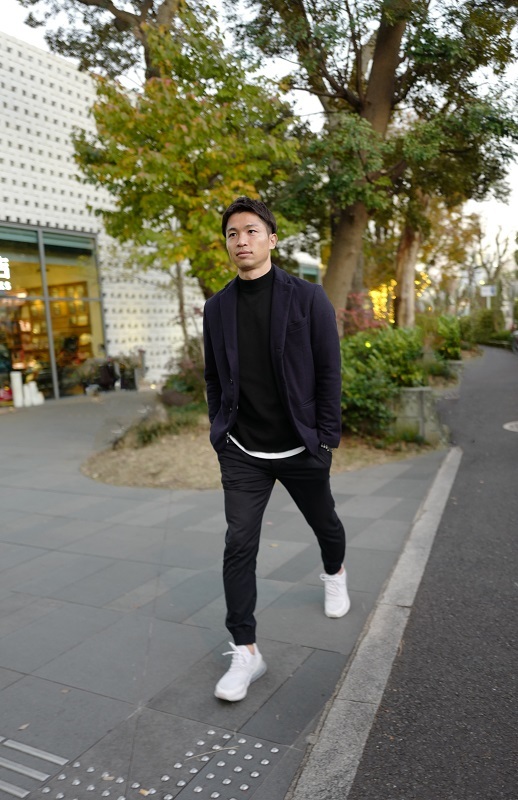
text by Kohei Baba
photo by Kenichi Arai,Masahito Sasaki
